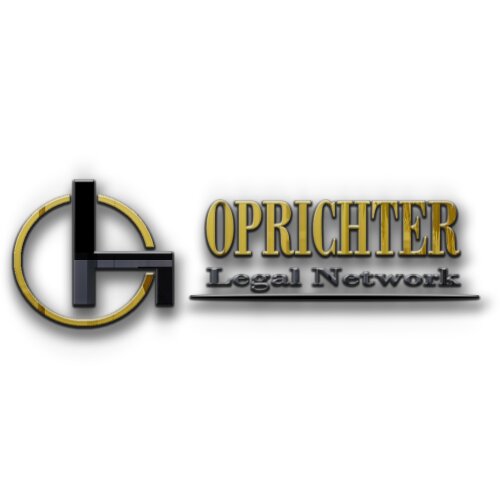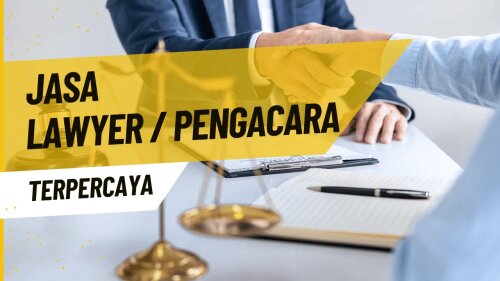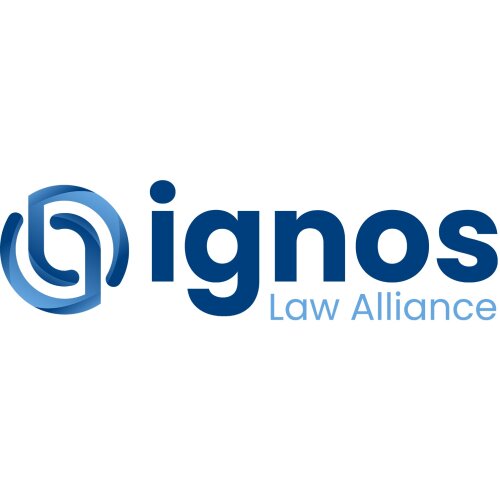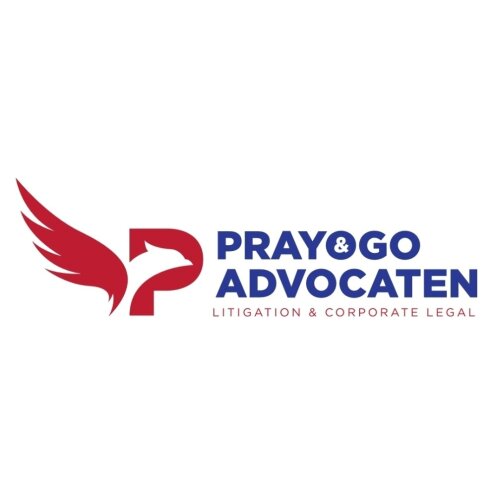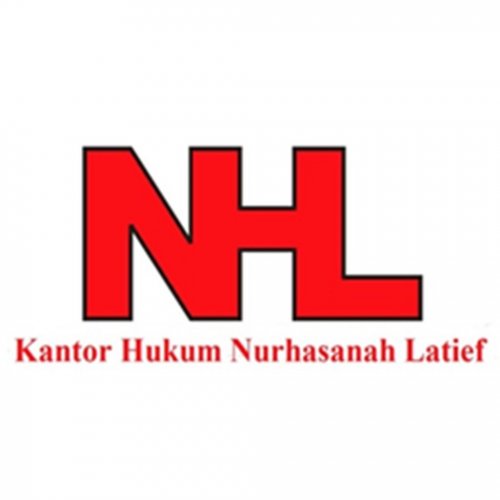Best Trademark Lawyers in Indonesia
Share your needs with us, get contacted by law firms.
Free. Takes 2 min.
Or refine your search by selecting a city:
List of the best lawyers in Indonesia
About Trademark Law in Indonesia
Trademark law in Indonesia is governed by the Trademark Law No. 20 of 2016 concerning Trademarks and Geographical Indications. This law provides the legal framework for the registration, protection, and enforcement of trademarks and service marks in Indonesia. A trademark is a sign in the form of a picture, logo, name, word, letter, numeral, color arrangement, or a combination of those elements, which distinguish goods or services. The Indonesian Directorate General of Intellectual Property (DGIP) is the body responsible for the administration and enforcement of trademark regulations in Indonesia.
Why You May Need a Lawyer
There are several reasons why individuals and businesses may require legal assistance in the area of trademark law. First, if you are involved in trademark registration, a lawyer can help ensure that your application complies with all legal requirements and increase the likelihood of successful registration. Second, legal help is often crucial in handling trademark disputes, such as infringement cases or oppositions to trademark applications. Additionally, lawyers can provide advice on trademark strategy and how to maintain the protection of a trademark over time. Finally, a lawyer can guide you through any changes in trademark law that might affect your business.
Local Laws Overview
Local laws in Indonesia provide a comprehensive framework for trademark protection. Key aspects include:
- Registration: Trademarks must be registered with the Directorate General of Intellectual Property to obtain protection. The first-to-file principle applies, meaning the first party to register a trademark has the rights to it.
- Term of Protection: Registered trademarks are protected for ten years from the filing date, with the possibility of renewal for subsequent ten-year periods.
- Rights Conferred: The trademark owner has the exclusive right to use the trademark or to license it to others.
- Infringement and Enforcement: Trademark owners can take legal action against unauthorized use. This includes filing civil claims or requesting assistance from law enforcement and customs offices.
- Amendments and Opposition: Trademark applications can be opposed and amended under certain conditions, providing a mechanism to challenge registrations and protect rights.
Frequently Asked Questions
1. What is a trademark?
A trademark is a symbol, word, or combination of both that legally distinguishes a company's goods or services from others. It serves as a badge of origin, ensuring that consumers can identify and distinguish products and services.
2. Why is trademark registration important?
Registration provides legal protection, granting the exclusive right to use the trademark. It helps prevent unauthorized use by competitors and protects brand identity.
3. How do I register a trademark in Indonesia?
Trademark registration is done through the Directorate General of Intellectual Property (DGIP). The process includes filing an application, an examination for compliance, and publication for opposition before final registration.
4. Can I register a trademark for a service or just for goods?
Yes, trademarks can be registered for both goods and services. Service marks follow the same registration procedures as trademarks for goods.
5. What are the penalties for trademark infringement in Indonesia?
Penalties for infringement can include civil damages, confiscation of infringing goods, and potential criminal sanctions, including fines and imprisonment.
6. How can I check if a trademark is already registered?
Trademark searches can be conducted through the official DGIP database to check the availability and registration status of a trademark.
7. What if my trademark registration is opposed?
If your registration is opposed, you may need to provide evidence to counter the opposition. It's advisable to seek legal guidance to navigate this process effectively.
8. How long does it take to register a trademark in Indonesia?
The trademark registration process in Indonesia can generally take between 12 to 24 months, depending on any oppositions or objections raised during the process.
9. Can foreign companies register trademarks in Indonesia?
Yes, foreign companies can register trademarks in Indonesia. They often do so through local agents or representatives to comply with local regulations.
10. What should I do if my trademark is being used without permission?
If your trademark is being used without permission, consult a legal professional to explore options for enforcing your rights, which could include sending a cease-and-desist letter or pursuing litigation.
Additional Resources
For additional resources, consider reaching out to the following:
- Directorate General of Intellectual Property (DGIP): The official body responsible for trademarks in Indonesia, providing information and resources for trademark registration and protection.
- Indonesian Association of Intellectual Property Attorneys (AKHKI): A professional organization that can provide referrals to qualified trademark attorneys.
- Local Chambers of Commerce: They often have resources and seminars focused on intellectual property rights.
Next Steps
If you need legal assistance concerning trademarks in Indonesia, consider the following steps:
- Research and Consultation: Start with researching and consulting a qualified trademark attorney who can provide tailored advice and guidance.
- Document Preparation: Gather all relevant documents, including your trademark, evidence of use, and any correspondence related to your trademark issues.
- Engage Legal Services: Hire a lawyer to help navigate and manage the registration process or any legal disputes involving your trademark.
- Stay Informed: Keep yourself updated with any changes in trademark laws and regulations in Indonesia to ensure ongoing compliance and protection of your intellectual property.
Lawzana helps you find the best lawyers and law firms in Indonesia through a curated and pre-screened list of qualified legal professionals. Our platform offers rankings and detailed profiles of attorneys and law firms, allowing you to compare based on practice areas, including Trademark, experience, and client feedback.
Each profile includes a description of the firm's areas of practice, client reviews, team members and partners, year of establishment, spoken languages, office locations, contact information, social media presence, and any published articles or resources. Most firms on our platform speak English and are experienced in both local and international legal matters.
Get a quote from top-rated law firms in Indonesia — quickly, securely, and without unnecessary hassle.
Disclaimer:
The information provided on this page is for general informational purposes only and does not constitute legal advice. While we strive to ensure the accuracy and relevance of the content, legal information may change over time, and interpretations of the law can vary. You should always consult with a qualified legal professional for advice specific to your situation.
We disclaim all liability for actions taken or not taken based on the content of this page. If you believe any information is incorrect or outdated, please contact us, and we will review and update it where appropriate.
Browse trademark law firms by city in Indonesia
Refine your search by selecting a city.



